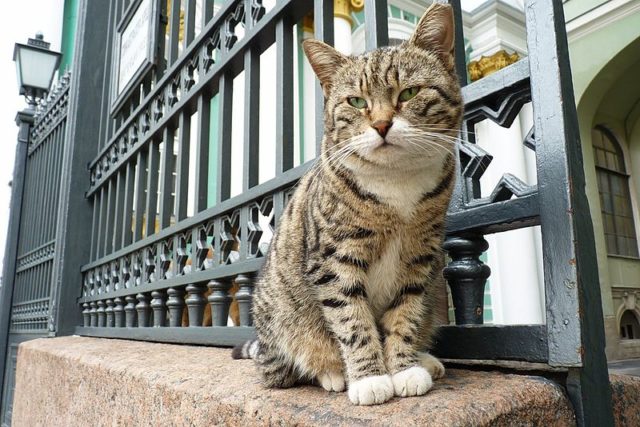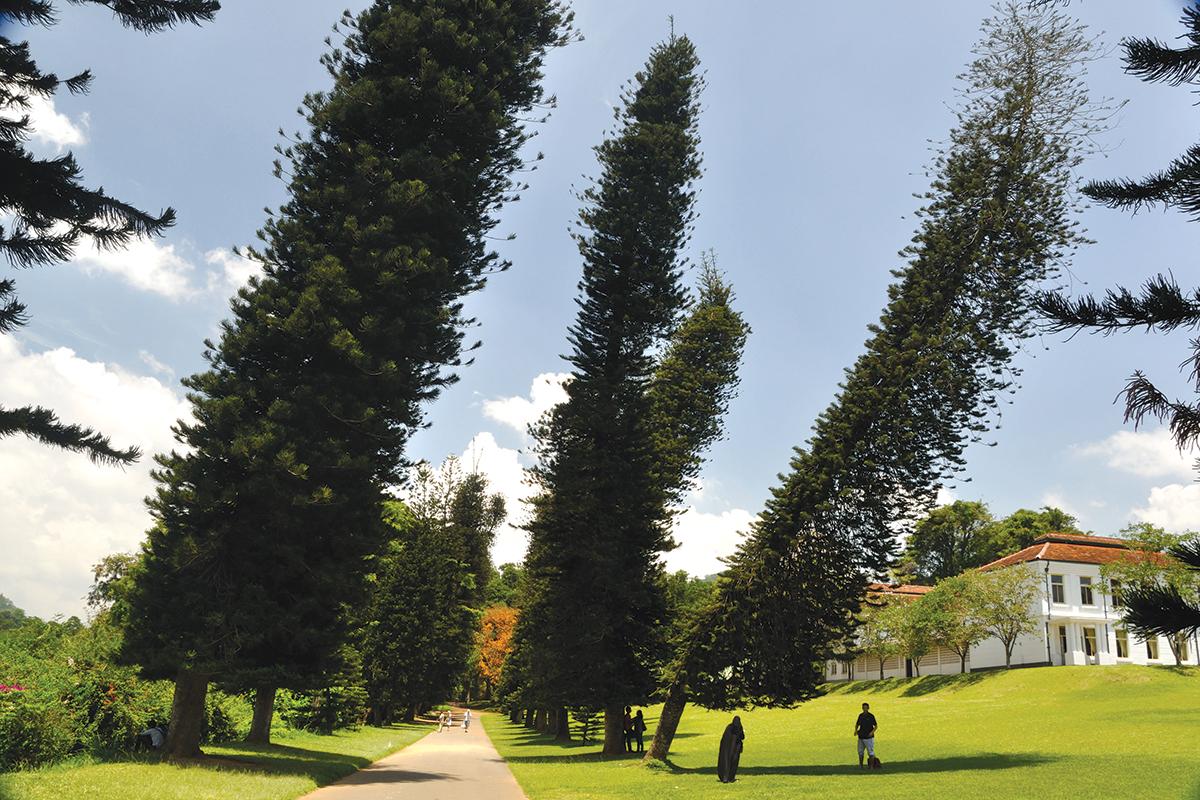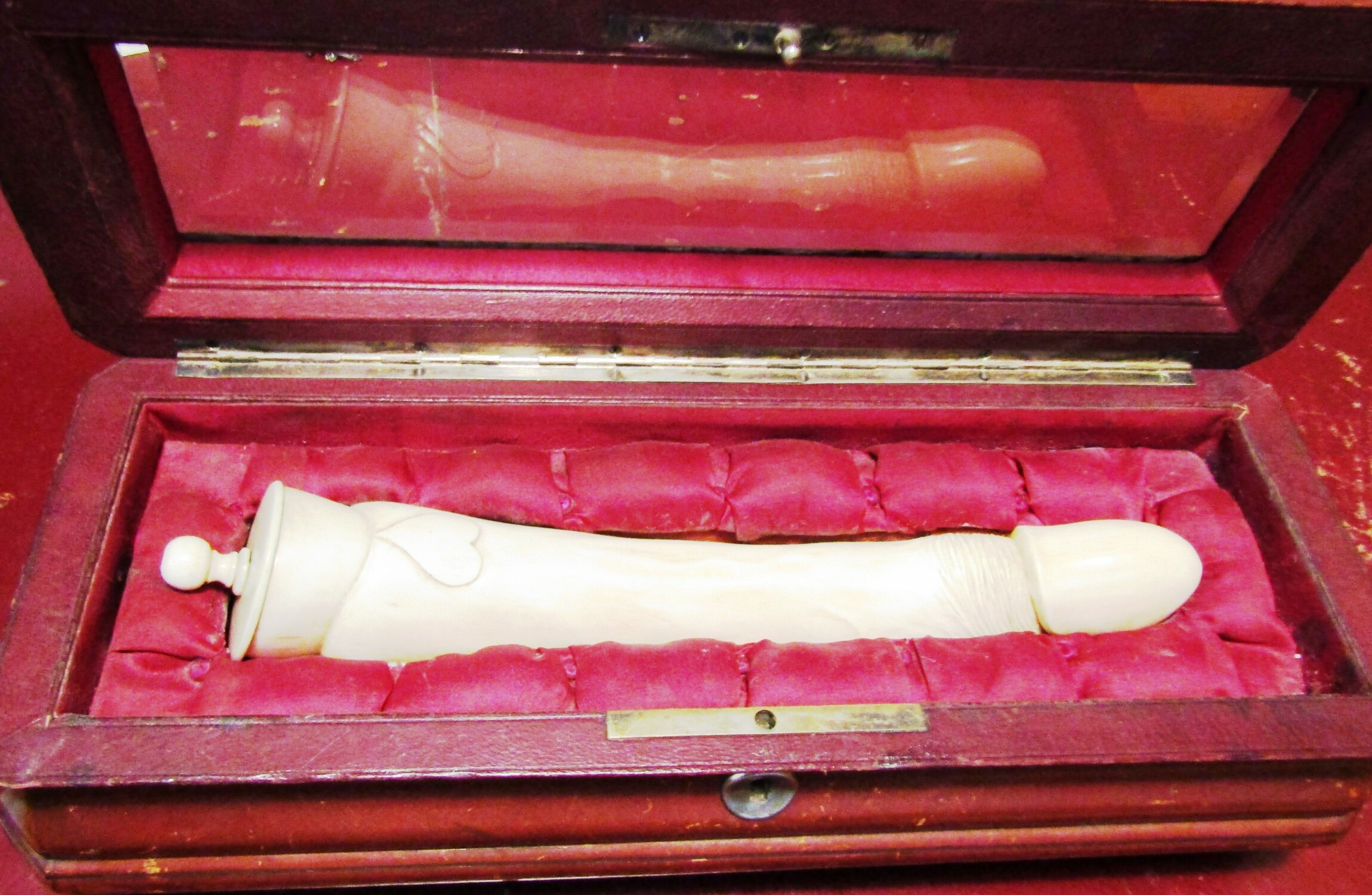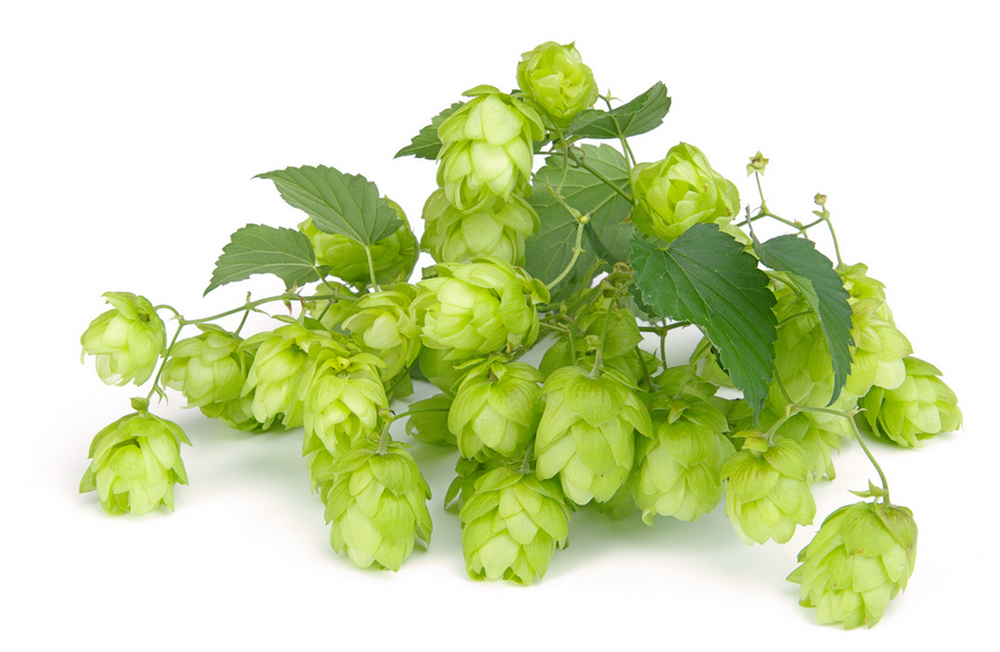Again there is a lot in this month’s edition of “Monthly Links”, so straight in …
Science, Technology & Natural World
 If anyone thought that human evolution was straightforward and going to be easy to unravel, they need to think again! Hannah Devlin in the Guardian looks at the tangled web.
If anyone thought that human evolution was straightforward and going to be easy to unravel, they need to think again! Hannah Devlin in the Guardian looks at the tangled web.
Sorry, guys, but the jury is still out whether human pheromones exist.
An interesting account of one journalist’s experience of putting everything in their house on the internet of things, and just how much information ends up in places you maybe wouldn’t want it.
Health & Medicine
A very useful article from Quanta showing how herd immunity from vaccination actually works and why immunisation rates are important (oh, and the – not too hard – maths behind it).
Giardia is a nasty little protozoan parasite which is prevalent in developing countries, but even in the developed world it can affect both us and our pets. Now, at last, scientists are beginning to understand how it works.
Sexuality
Our favourite OB/GYN, Dr Jen Gunther, discusses why some women find sex painful, and what they might do about it.
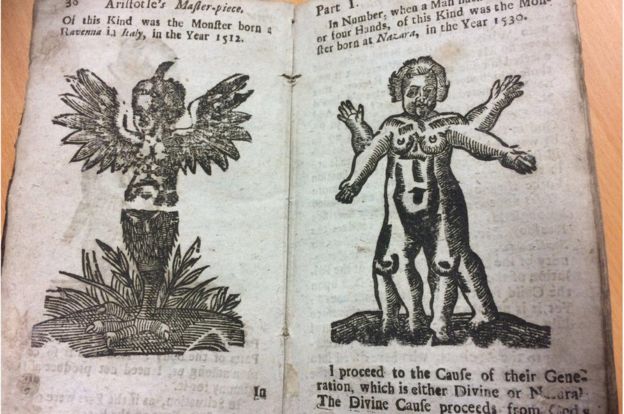
A banned Georgian sex manual reveals strange beliefs. And it’s up for auction next month.
Scientific American‘s Mind spin-off looks at how to be a better spouse.
Environment
French astronaut Thomas Pesquet says Earth is just a big spaceship with a crew and, like any craft, it needs to be maintained and looked after.
Giving up plastic, and really getting it out of our lives, is a surprisingly big challenge. Here’s how a few brave souls fared when trying.
But on another front there is some hope: that the UK might adopt the Norwegian bottle recycling system.
In the first of two articles this month from George Monbiot he looks at some of the ancient philosophy which is holding back our ability to embrace environmental change.
Our second Monbiot article he is mobilising us against a US trade deal, and especially US farming practices.
The answer it seems is wildflowers: strips of wildflowers through fields enable farmers to reduce pesticide spraying and help beneficial native species to flourish.
History, Archaeology & Anthropology
Some researchers are suggesting that our ancestor, Homo erectus, may have been able to sail and to speak.
Rather later on the journey to modern man, it seems the first Britons probably had dark skin, curly hair and blue eyes – at least the one buried in the Cheddar Caves did.
When do architects set up camp? When they’re building Stonehenge, of course.
Meanwhile on the other side of the world, some clever aerial imaging has discovered a huge Mayan city in the Guatemalan jungle.
Something special happened in 1504: a blood moon eclipse. nd without it the world might have been rather different.
Not long after Columbus and his blood moon eclipse, Henry VIII established the Royal College of Physicians to regulate the practice of medicine in and around London. And they’re still at it, and no longer just in London! And incidentally their museum is free and well worth visiting; and the interior (if not for everyone the exterior) of their Denis Lasdun building is a delight.
London
Which brings us nicely on to London …
An academic report says that the noise on parts of the London Underground is so loud that it could damage passengers and staff hearing.
However London Underground health & safety seem more keen on telling us how to use an escalator. But then most people are in need of this knowledge.
Lifestyle & Personal Development
The Feast of the Presentation of Christ in the Temple and the Purification of the Blessed Virgin, or Candlemas, is celebrated on 2nd February. It looks like another of those pagan winter light festivals reinvented by the church.
So what really is the secret of having a truly healthy city? Better go ask Copenhagen.
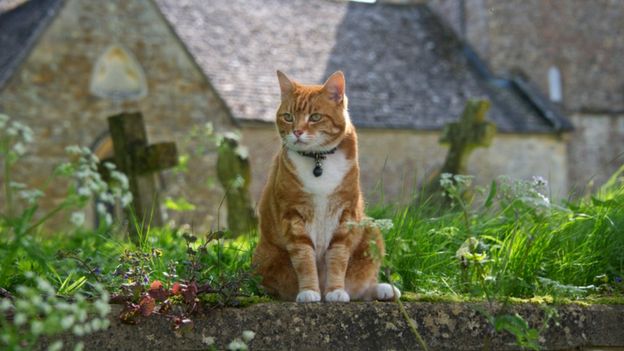
And now for something completely different: felines with official positions and cats with careers.
Food & Drink
Noreen and I have been taking about false food for years, now it seems that researchers have cottoned on to its pervasiveness.
Finally some real food: an ancient Greek recipe for a honey cheesecake. I must say, it’s not my taste though.

More at the end of March – which is Easter weekend.

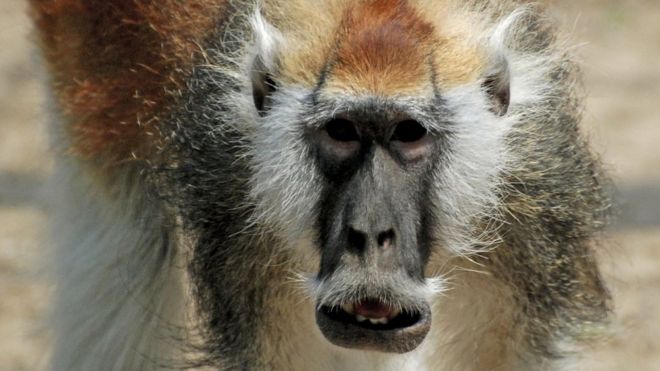



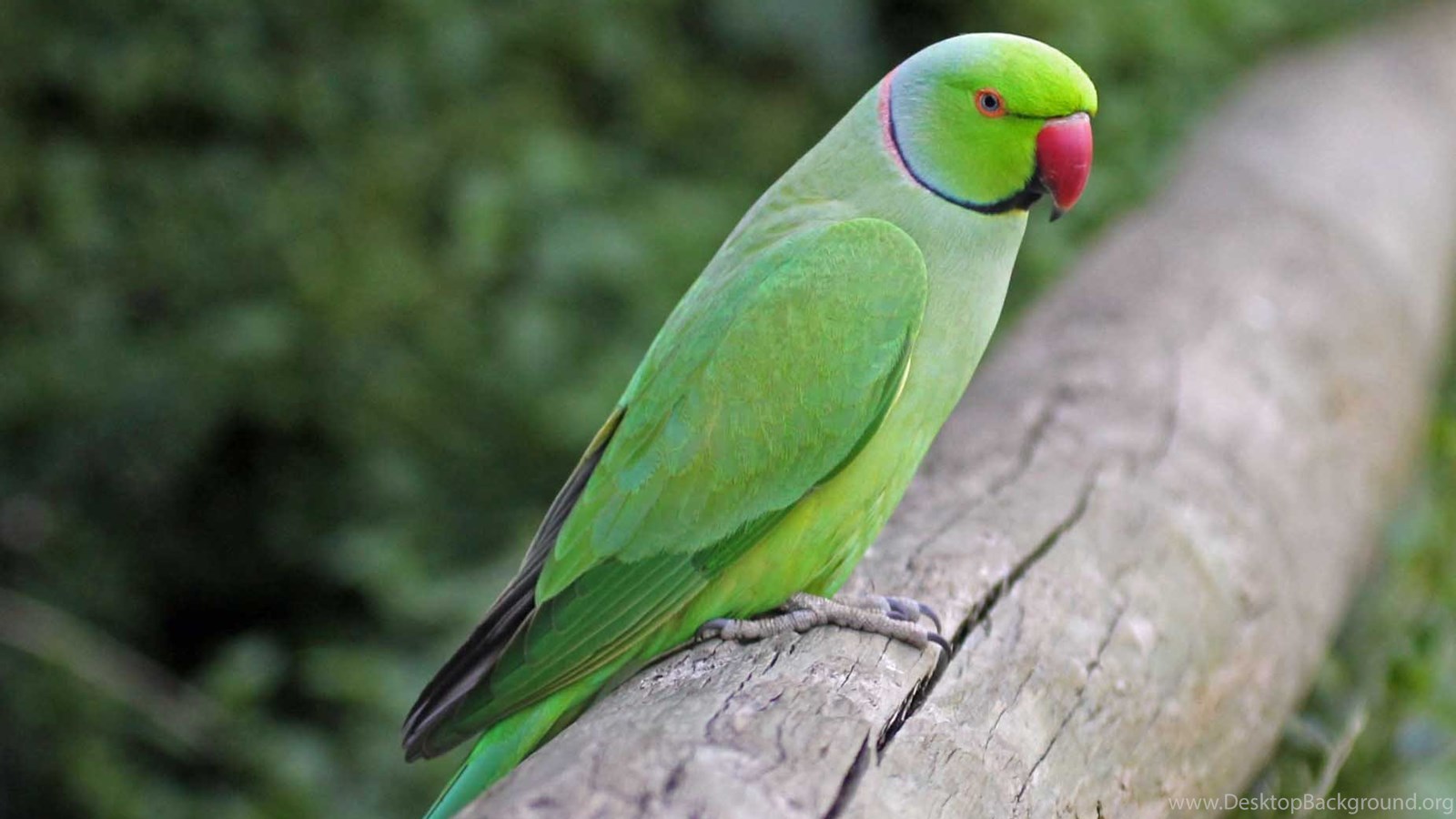
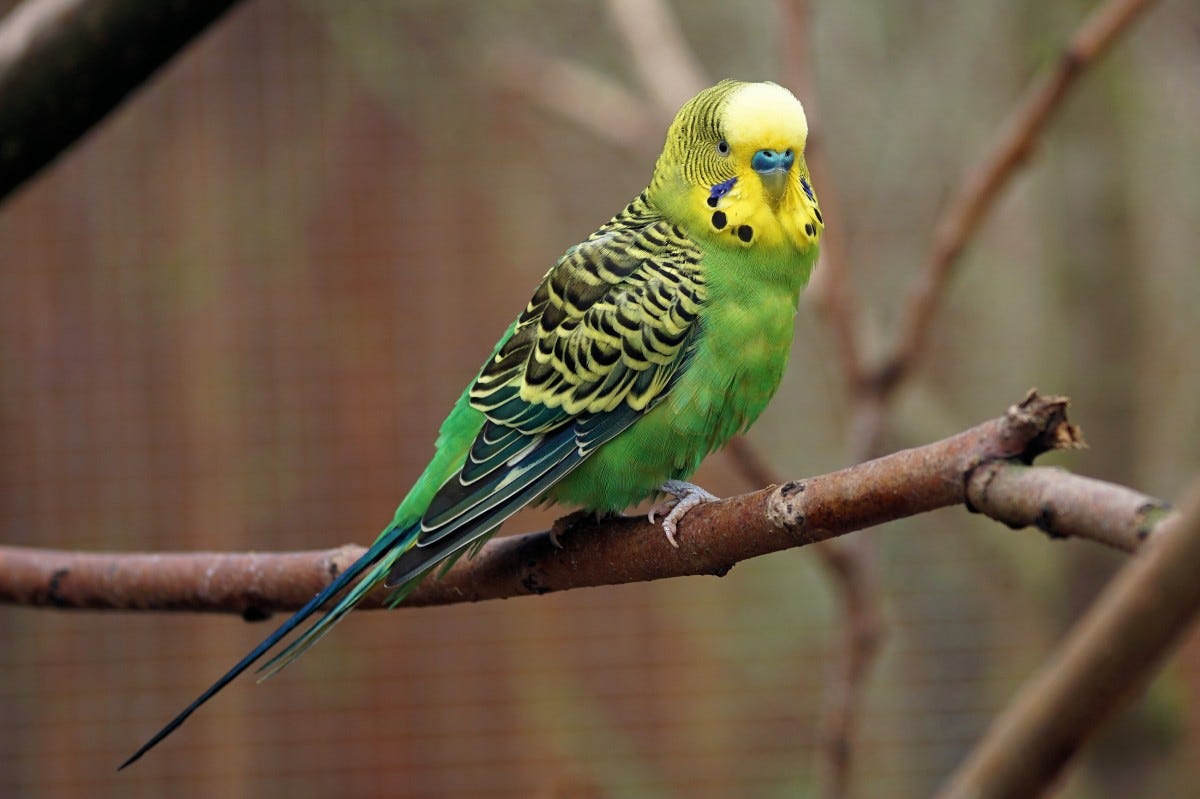
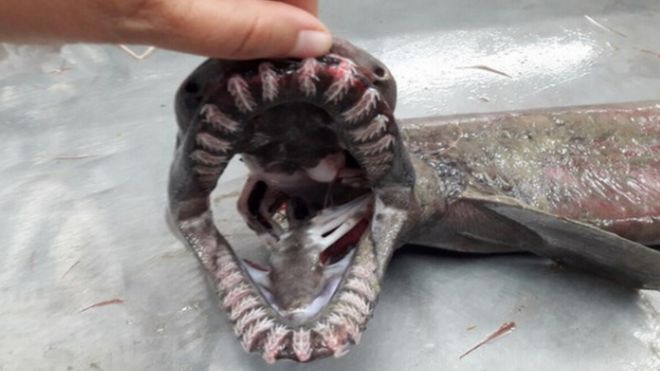

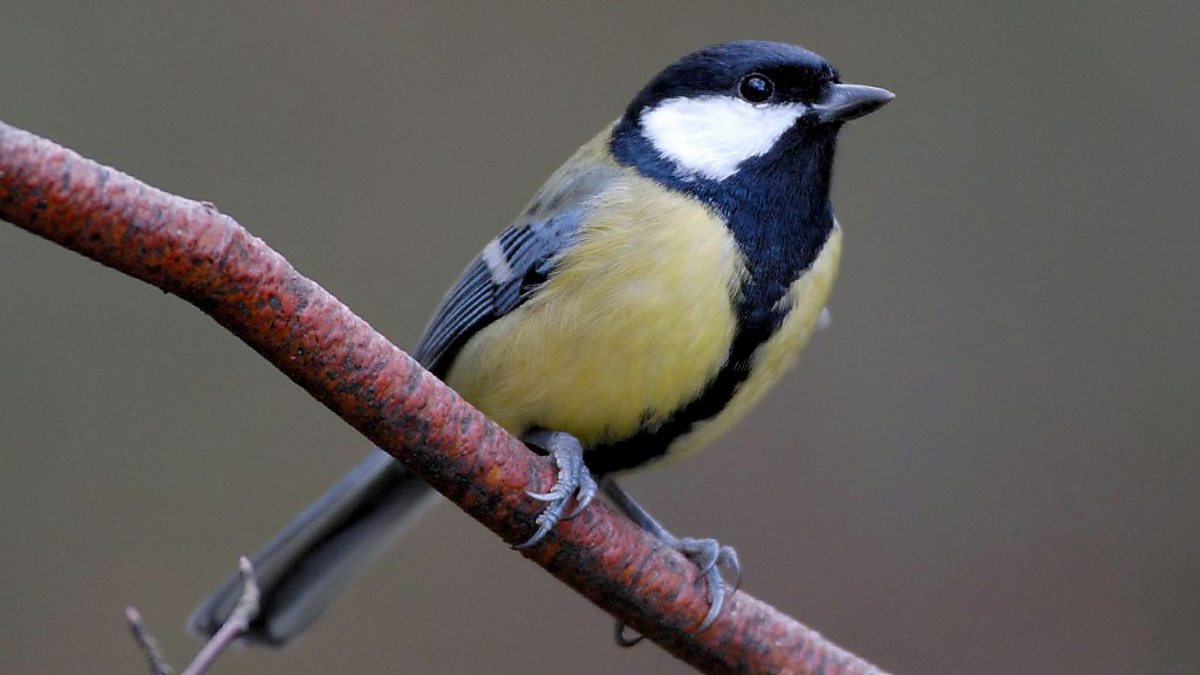


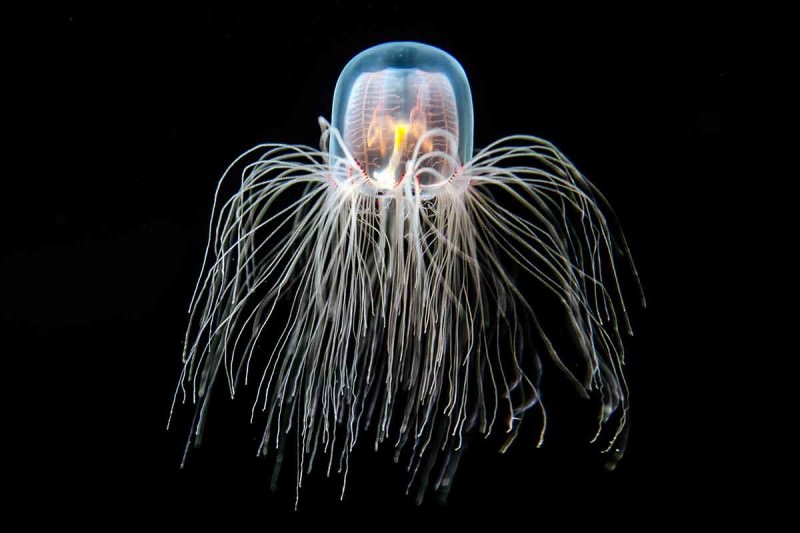

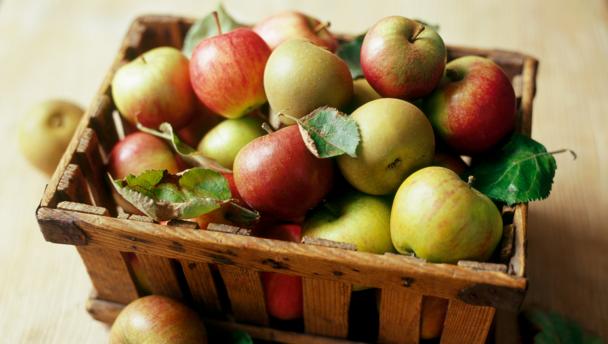
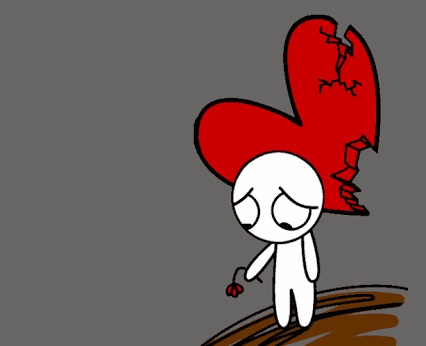 Suspicious that expiry dates on products are a nonsense? Well that might be justified for some
Suspicious that expiry dates on products are a nonsense? Well that might be justified for some 